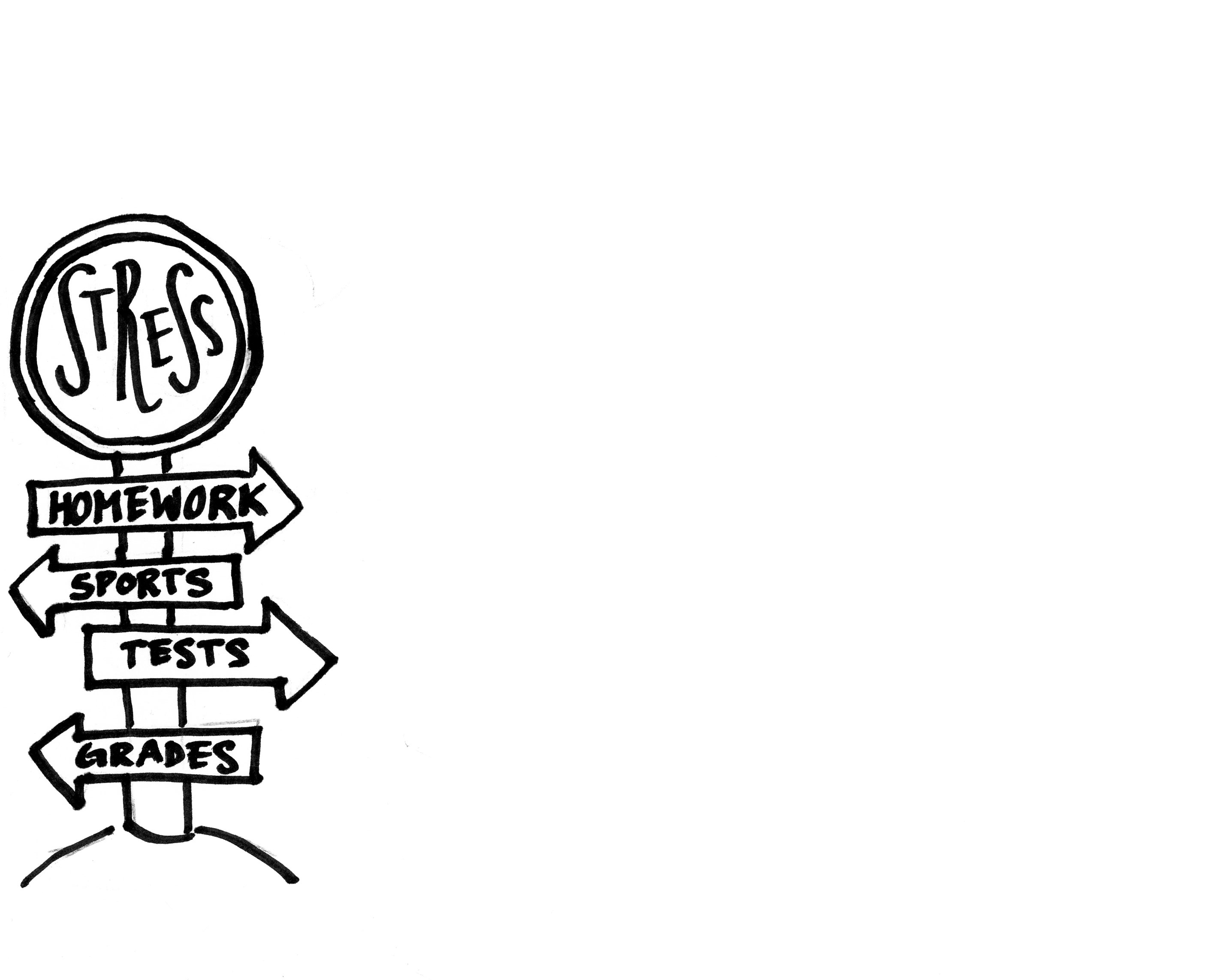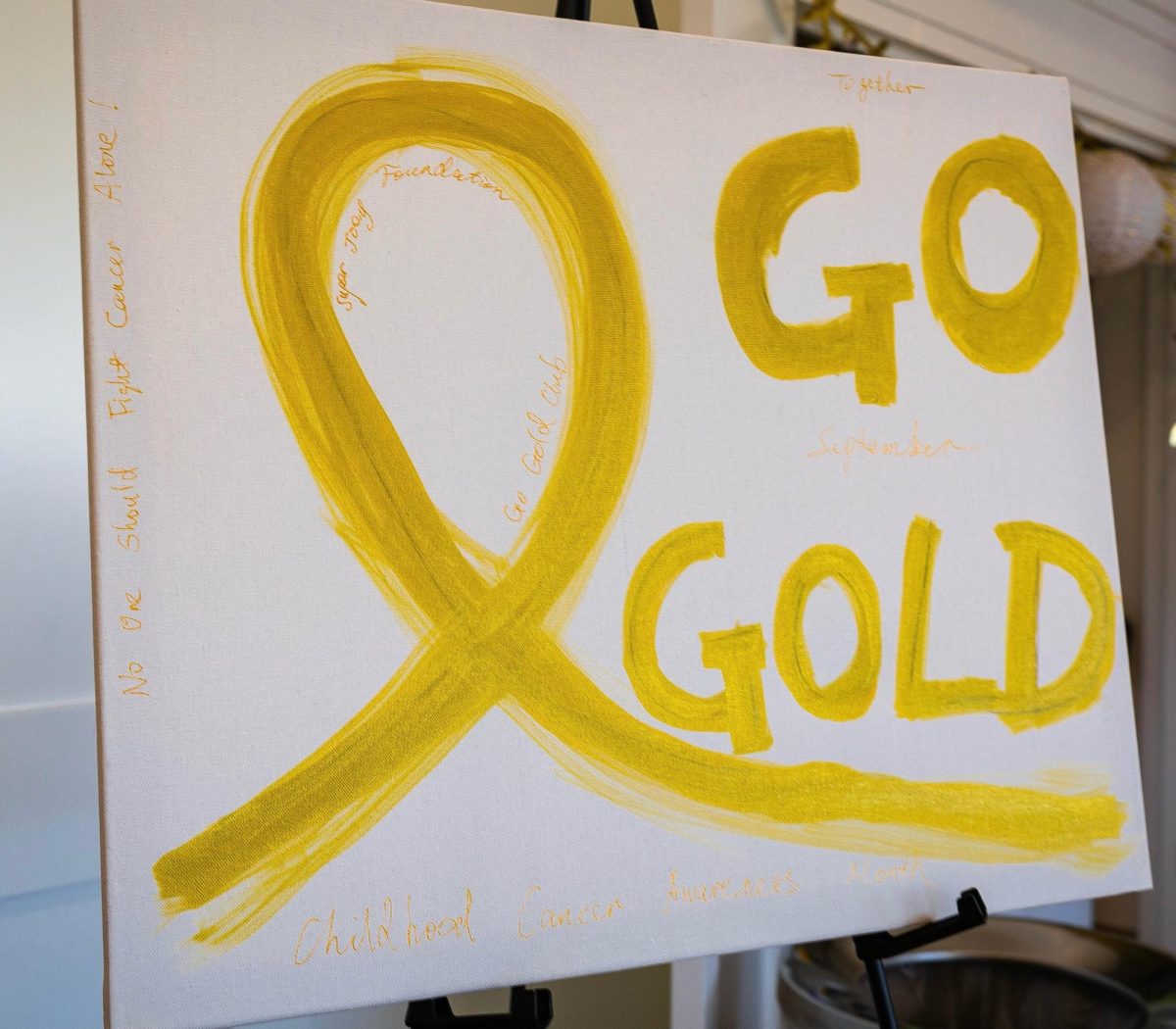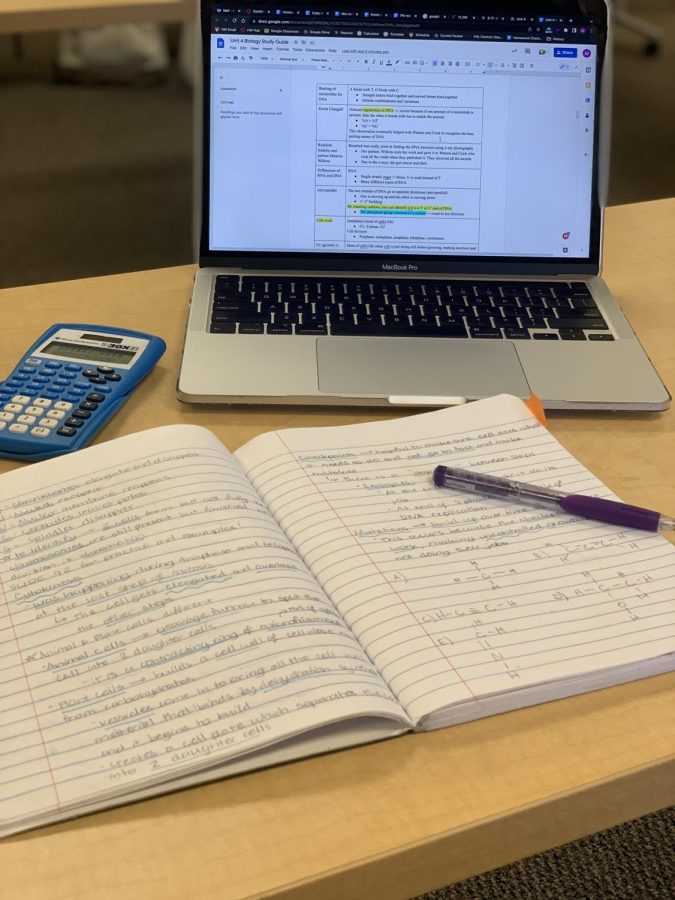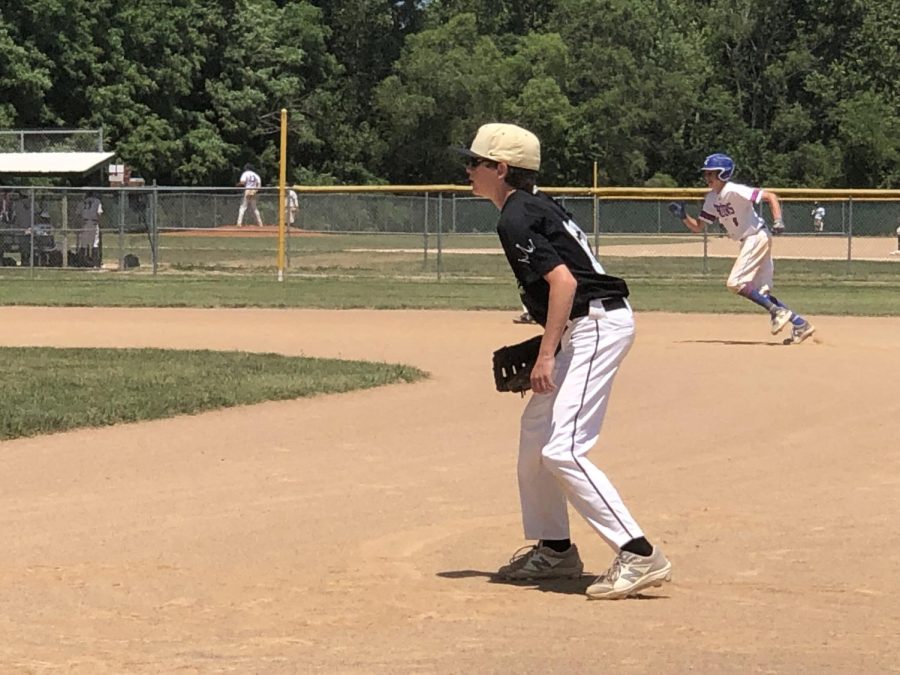POINT: Casey Kim ’20
 HONORS CLASSES
HONORS CLASSES
Point:
Students who take challenging classes were allowed to do so because teachers believed they were capable of handling the tasks. It is given that Honors courses have higher expectations work that students turn in. Though students are prone to be stressed by high standards, the stress they receive helps them demonstrate their best work. Because of these classes, students are able to excel in certain areas of academics. Without such courses that push students to their limits, students are not able to show their full potential and growth in knowledge.
Counterpoint:
Because of the stressful nature of honors classes, they can overwhelm students instead of motivating them to work harder. While occasional stress can help students meet daily challenges, honors class demand constant work and responsibility from students. This leads to chronic stress which can cause physical and emotional deterioration of students. There is only so much tension that a student can take, and if that stress becomes continuous, it becomes counterproductive to helping students perform better.

EXTRACURRICULARS
Point
:
Every athlete is susceptible to stress in their sports career—whether it is due to pressure by coaches, injuries, self-reflection or simply not wanting to go to practice. However, overcoming these obstacles and downfalls is a significant endeavor that athletes must experience in order to improve. Without blood, sweat and tears, students will not be able to grow and learn. Rather than some people being stressed by sports, many students in fact turn to sports in order to relieve their stress. Exercising and training the body to be physically active releases endorphins, helping athletes be healthy both mentally and physically.
Counterpoint:
Many students use sports as a way to escape the daily stress of life. When coaches, family and teammates put pressure on a student to consistently perform well or place impractical expectations on them, it may kill their enjoyment in the activity. When players make performance errors and others criticize them, they may start putting pressure on themselves to perform well. This may end up hindering their performance because they are not be able to stay relaxed and focused during a competition. It may also lead to anxiety which would make them feel less confident when competing.
 COUNTERPOINT : Anusha Mathur ’20
COUNTERPOINT : Anusha Mathur ’20
EFFECTS
Point:
Eustress, or positive stress, affects our daily lives without us even noticing. Stress gives the body a burst of adrenaline and motivation to complete tasks in time. Students who have procrastinated on an assignment and successfully completed the work the night before it was due would have stress to help them. A sufficient amount of stress helps us be more alert, focused and efficient with our time.
Counterpoint:
Although some stress may lead to better performance, the stress a student faces in their everyday life can take a toll on their health. Stress is associated with a wide range of health problems, ranging from receiving less sleep and depression to an increased risk of heart attacks. Stress may also exacerbate other health problems that the students are facing. Ultimately, one’s health is a top priority, and because stress can have very terrible long and short term effects on a student’s health, stress is not a good thing.

CONCLUSION
Point
:
Stress is a huge aspect of our lives and is something we will never be able to deny. Instead of contemplating and worrying about stress, it is best to look toward its many benefits. Stress pushes students to their limits and allows them to demonstrate their best performance. If students feel pressured, they can always turn to different activities to relieve their stress. Although too much stress is unhealthy for the mind and body, some stress can actually benefit students’ everyday lives.
Counterpoint:
Students’ daily life and schedule is very busy and with so much going on. Stress ends up overwhelming them and hindering their progress. When students experience chronic stress or pressure from adults and peers, it may lead to a worse performance in both their academic and athletic life. Stress can also decrease students’ enjoyment in a certain activity or worsen already existing health problems. Overall, since stress can have devastating effects on students’ emotional state and health, it does not benefit them in their daily lives.



